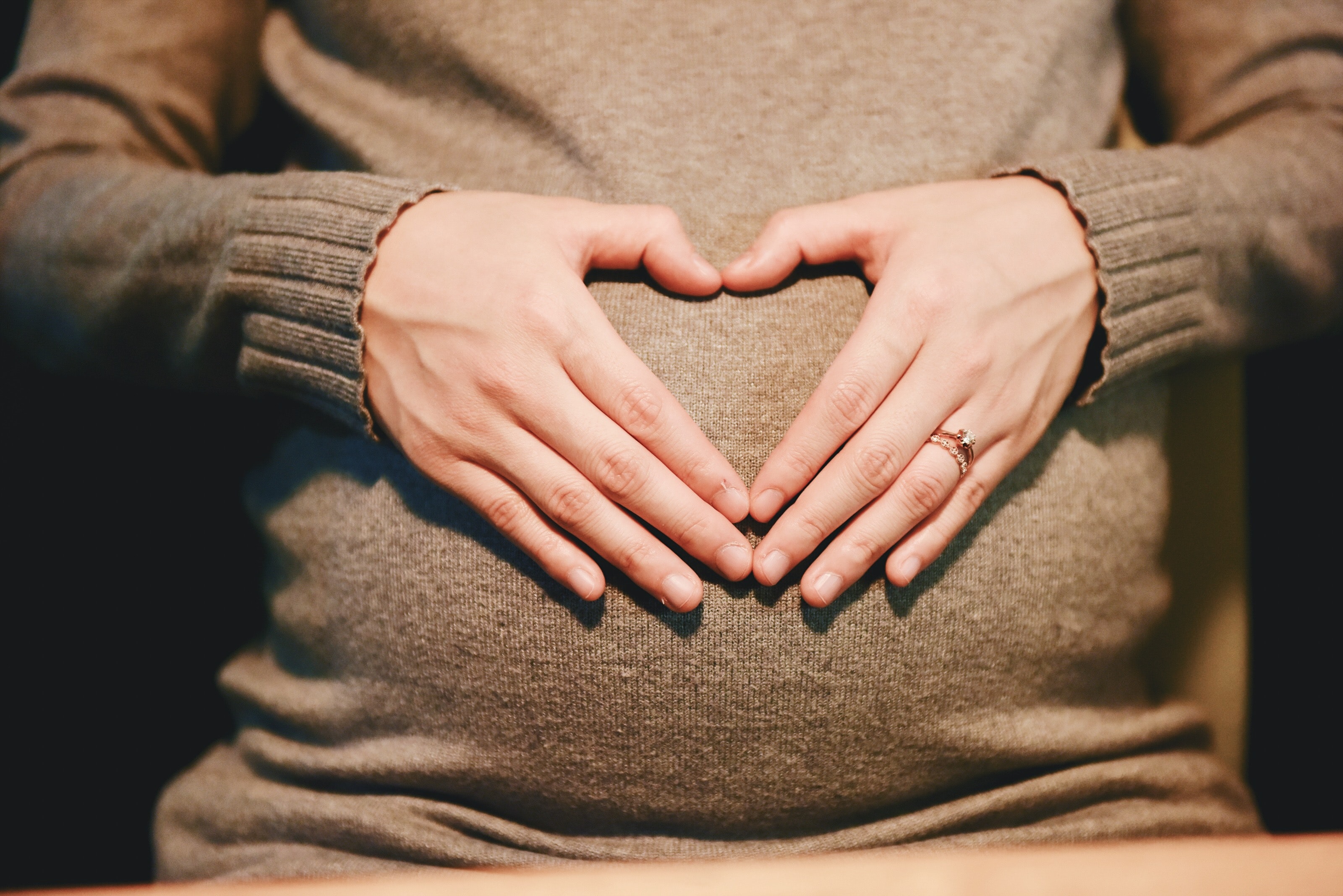The major differences between both are observed in the first trimester of the pregnancy, that is, the first 10–12 weeks after the embryo is implanted in the uterus.
 |
| Source: Metropolis Healthcare |
The Medications
Any woman undergoing IVF is advised to take supportive hormonal medications and sometimes even injections to support the implanting embryo post embryo transfer procedure. These are then continued for the initial 2-3 months of pregnancy. Following which happens the development of placenta that produces everything needed for baby’s growth and support. These medications are then stopped.
In naturally conceived pregnancies, these medications are not given, as the internal reproductive system of the woman is providing that support naturally.
The Ultrasounds
During this period, after the confirmation of the pregnancy, a couple of extra ultrasounds are performed to monitor the progress closely and assess any problems so that necessary measures can be taken in time, specially in the first three months. These more frequent ultrasounds are usually not part of a natural pregnancy. Only a few periodical ones are performed for the regular progress of the pregnancy.
Symptoms
The pregnancy symptoms are essentially the same but IVF conceived women are more aware of the symptoms and sometimes more anxious about them compared to spontaneous conception.
Complications
The high risk conditions like high BP, diabetes, anemia, growth restriction, preterm delivery are more commonly seen in IVF pregnancy more so because women undergoing the procedure are generally of advanced age and have hormonal or medical issues to begin with.
Any Differences in the Delivery Process?
For both kinds of pregnancies, the woman can deliver vaginally; there is no difference with respect to delivery.
IVF babies
Over the last 40 years, there have been ample studies to confirm that IVF babies are mentally and physically as normal as any other baby delivered after natural conception.
Summarizing it All
Thus, the major difference between both kinds of pregnancies lies in the first three months of the pregnancy only, where extra monitoring and care are required for IVF pregnancies. The gynecologist can also screen the pregnant woman for any high-risk conditions that may arise on an SOS basis.
Also, during this period, the gynecologist can advise pregnancy exercises, make dietary recommendations, or provide any other set of instructions, which are usually the same for both kinds of pregnancies, IVF or natural.
Comments
Post a Comment